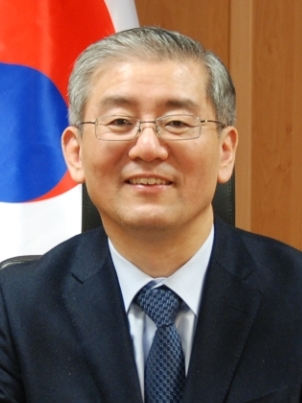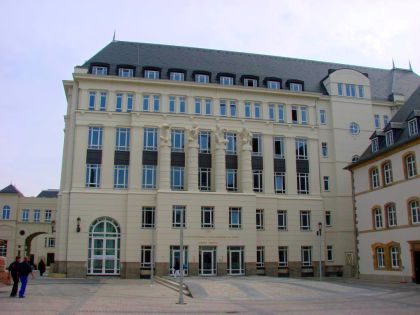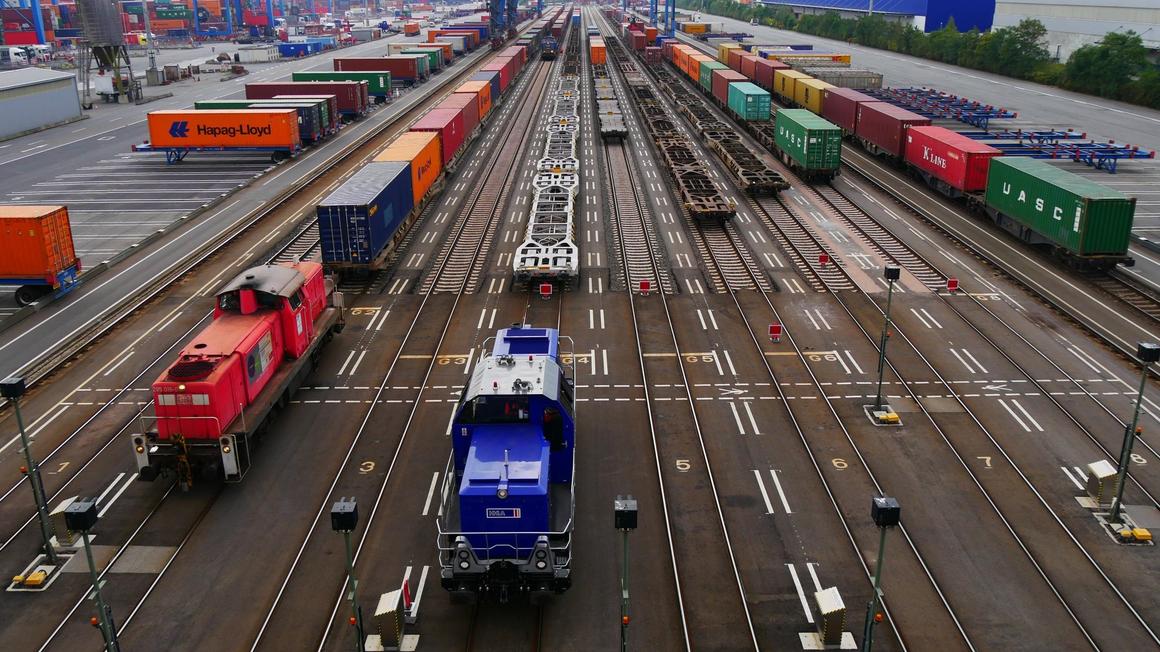Adapt Sentinelle: yes, remove it: no (Audibert Troin)
(B2) Co-author of the parliamentary report "the role of the armies on the national territory: after the hour of the response, the time of the political choices" (National Assembly June 2016), the former deputy (UMP / LR) Olivier Audibert Troin published a forum, wishing to recall some of the tracks proposed in his report, to adapt the Sentinel operation. In a vigorous plea, he now defends this operation, in an argument that does not seem completely convincing to us. But we'll let our readers be the judge.
To download the version of the forum in PDF
With the Charly Hebdo attacks we entered the “long time” and the massive deployment of our soldiers on the national territory (TN). Never before had our armies been so much in demand over such a period of time, both abroad (OPEX) and on national territory (OPINT). This “over-employment” of our forces, the urgency of their deployment (10.000 men in six days) and the weakness of our manpower obviously raise the question of the adequacy of the means allocated to our armies.
Overemployment bordering on overheating
The important recruitments made by the ministry in 2015 and 2016 will only be fully operational during the year. Let's say it straight up, these recruitments are still insufficient since the Army estimates that 1.050 annual recruitments (for 5 years to be carried out) in order to compensate for all the missions. The President of the Republic's choice to freeze €850 billion from the 2017 budget and not to proceed with new recruitments is both incomprehensible and will prove (if this choice is maintained!) to be a serious error of judgment with serious consequences.
Sentinel has already evolved
After a first year of deployment, Sentinelle had already been the subject of criticism, and the adaptations necessary for the effectiveness of the mission have been put in place:
- - Inversion of the proportionality between static guards and dynamic postures (today 80% of the mission is dynamic)
- - Participation of our Armies in zone intelligence
- - Harmonization of the means of communication between the Internal Security Forces (ISF) and the Sentinel force
- - Condition of the personnel (housing, armament, pay) taken into account
- - Improvement of information flows and decision-making between the Interior and Defense
- - Better consideration of the know-how of our Armies.
Yes, soldiers are targets
With the new attack of Levallois-Perret, the debate on the future of Sentinel rebounds. I want to shed some light here. Have our soldiers become targets? Of course ! and to deny it would be ridiculous. However, let's put things in context. It is the uniform, symbol of sovereign authority that is a target (military, police, gendarmes, firefighters...). To withdraw our soldiers from the national territory is to shift the problem to other uniforms!
A military force is always essential.
Other arguments heard: is it up to the internal security forces (ISF) to ensure security on national territory? Certainly. In the aforementioned report, we also mentioned a long-term handover with the rise in power of the FSI personnel on the national territory and the "retreat" as a result, not our soldiers, with, however, a double downside. First, remember that a military force in support of our FSI will remain essential. “The ultima ratio”, the last recourse of a State, always remains the Army.
A soldier costs less than a policeman
Then, the budgetary consequences: we demonstrated in our report the difference of the order of 1 billion euros per year depending on whether the mission is carried out by 7.000 soldiers or 7.000 police officers. Thus, the expenses of title 2 would amount to 2,44 billion for the police and 1,53 billion for the army, due, in particular, to the different statutes. At a time when public spending remains very constrained, this is a fact that should not leave our rulers unmoved, except to let our guard down inconsiderately.
Develop the doctrine
If our armed forces are never first interveners on the national territory, it is certainly advisable, in the respect of this principle, to make evolve our doctrine towards a greater autonomy of our soldiers. In the same way, the exploitation of information of operational interest is one of the conditions for the success and security of any military engagement. It is therefore necessary to go even further on the quest for information (intelligence) by our soldiers on the national territory. Just as the effort must be continued in terms of cyber-defense (established as a permanent posture of the Armed Forces). [...]
Get out of sentry trap
How to get out of the “political” trap of reducing sentinel numbers on national territory? Today, because of the threat, the decision to "reduce the airfoil" remains a politically perilous act for our leaders without a physical alternative. In order to get out of this trap, we have proposed that, within the framework of a new legislative mechanism aimed at reforming the state of emergency (established by law in 1955!), the number of soldiers deployed on national territory within the framework of Sentinel, automatically corresponds to the actual degree of threat.
Review posture degrees
Using the levels of alert from the VIGIPIRATE plan, a determined number of soldiers to be deployed would automatically correspond to the level of the threat.
It would then be appropriate to review the number of degrees (currently three degrees in VIGIPIRATE: basic posture: 1.000 soldiers; enhanced vigilance posture: maximum 7.000 soldiers: attack alert posture: 10.000 soldiers).
Unable to remove Sentinel
In conclusion, if the commitment of our armies on the national territory is subject to a strict and old legal framework, organized in such a way as to guarantee the subsidiary and temporary nature of the use of the armies, the maintenance of a level of threat high in our country, the low number of staff and the status of the FSI, the constrained budget framework, do not allow the Sentinel system to be abolished immediately.
Give more latitude to the armies on the national territory
Pending a profound rearmament of our sovereign functions, we must therefore take care to give more latitude to our armies on national territory so that their know-how can be expressed even more without appearing as simple auxiliaries of the ISF, while taking care not to cause a "capacity gap" in the basic missions assigned to our armies. This obviously requires a sustained budgetary effort both at the level of the Ministry of Defense and that of the Interior. Security, the first of our freedoms, has a cost, we must assume it.
(Olivier Audibert Troin)


